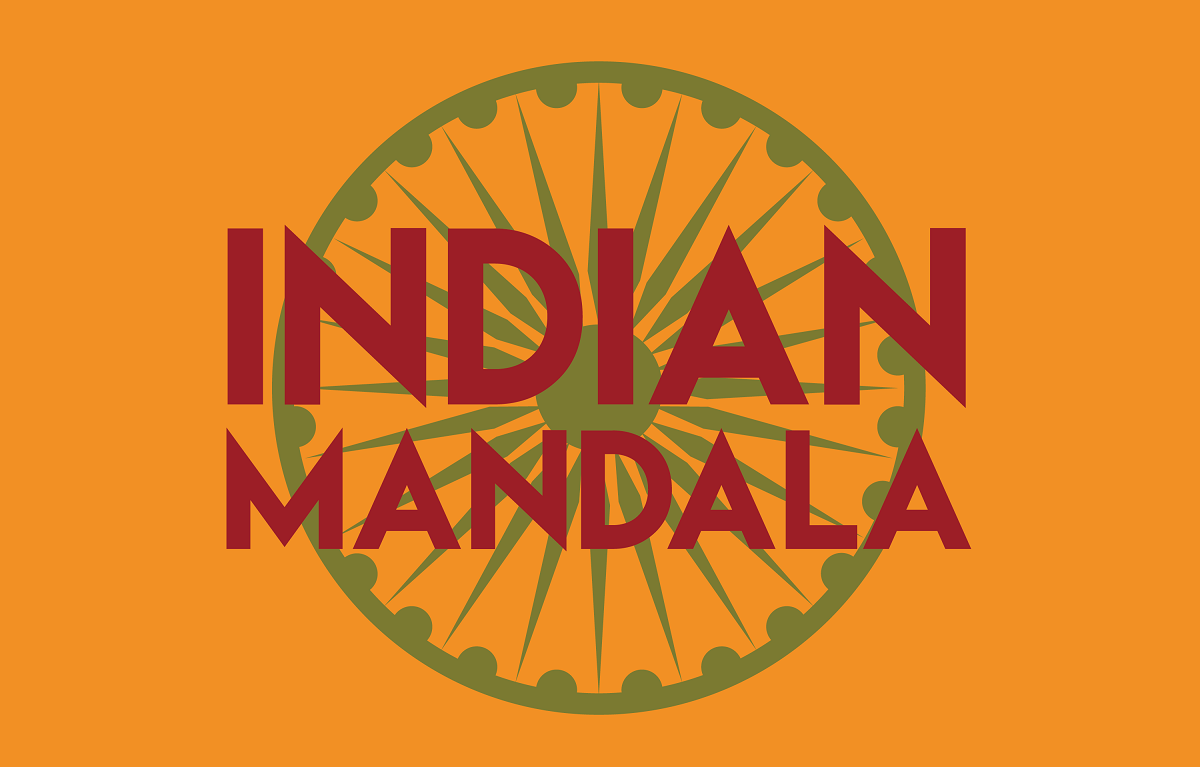Child trafficking: India's Supreme Court demands greater rigour by courts
After the latest case of negligence in Uttar Pradesh, the justices issued new guidelines to counter trial delays and bail releases that often turn into impunity. Hospitals involved in such traffic can have their licence suspended. More than 2,000 cases of kidnapping and sale of newborns are reported each year.
Milan (AsiaNews) – A recent ruling in yet another act of negligence in a case of child abduction in Uttar Pradesh has prompted the Supreme Court of India to set new guidelines for cases related to the illegal trafficking of minors.
To counter delays, the justices set a maximum deadline of six months for proceedings involving the abduction and trafficking of children, and one week for laying charges starting from the moment a First Information Report (FIR) is filed.
Under the new provisions, defendants are to be placed in strict judicial custody, and arrest warrants will be issued immediately if they attempt to escape.
In addition, the court ordered the suspension of hospital licences in cases where abduction takes place within healthcare facilities, introducing strict monitoring systems for both hospitals and adoption agencies and related entities.
The need for stringent and detailed measures became apparent following a ruling by Allahabad High Court in connection with the abduction and sale of a newborn baby to a couple in the state of Uttar Pradesh, northern India.
Initially, the defendants were granted bail by the court, which was later overturned by the Supreme Court, which ordered their arrest and detention.
According to the justices, the couple, who had paid about 400,000 rupees (around US$ 4,700), were aware that the baby had been kidnapped.
In many similar cases, bails by courts have allowed defendants to flee.
“These accused pose a serious threat to society," the court said. Stressing that the bail applications were dealt with “callously”, it slammed the Allahabad High Court and the government of Uttar Pradesh for the way they handle the case.
If the new directives are not complied with, the Supreme Court warns, state governments could be charged with contempt of court.
What is more, India’s highest court also ordered police to file regular reports on the measures taken against child trafficking, on the activities of criminal organisations involved in abductions, and on victims’ rehabilitation.
The new directives are aimed at raising public awareness of how child abduction and trafficking cases are handled in the country, and providing greater transparency in both the investigation and trial phase.
In India, about 2,000 cases of child trafficking occur each year. According to the National Crime Records Bureau, 2,250 were reported in 2022, with the largest number in the states of Telangana, Maharashtra, and Bihar.
INDIAN MANDALA IS THE ASIANEWS NEWSLETTER DEDICATED TO INDIA. WOULD YOU LIKE TO RECEIVE IT EVERY FRIDAY? TO SUBSCRIBE, CLICK HERE.
21/04/2022 13:01
04/11/2021 17:17
11/01/2022 16:49







.png)










